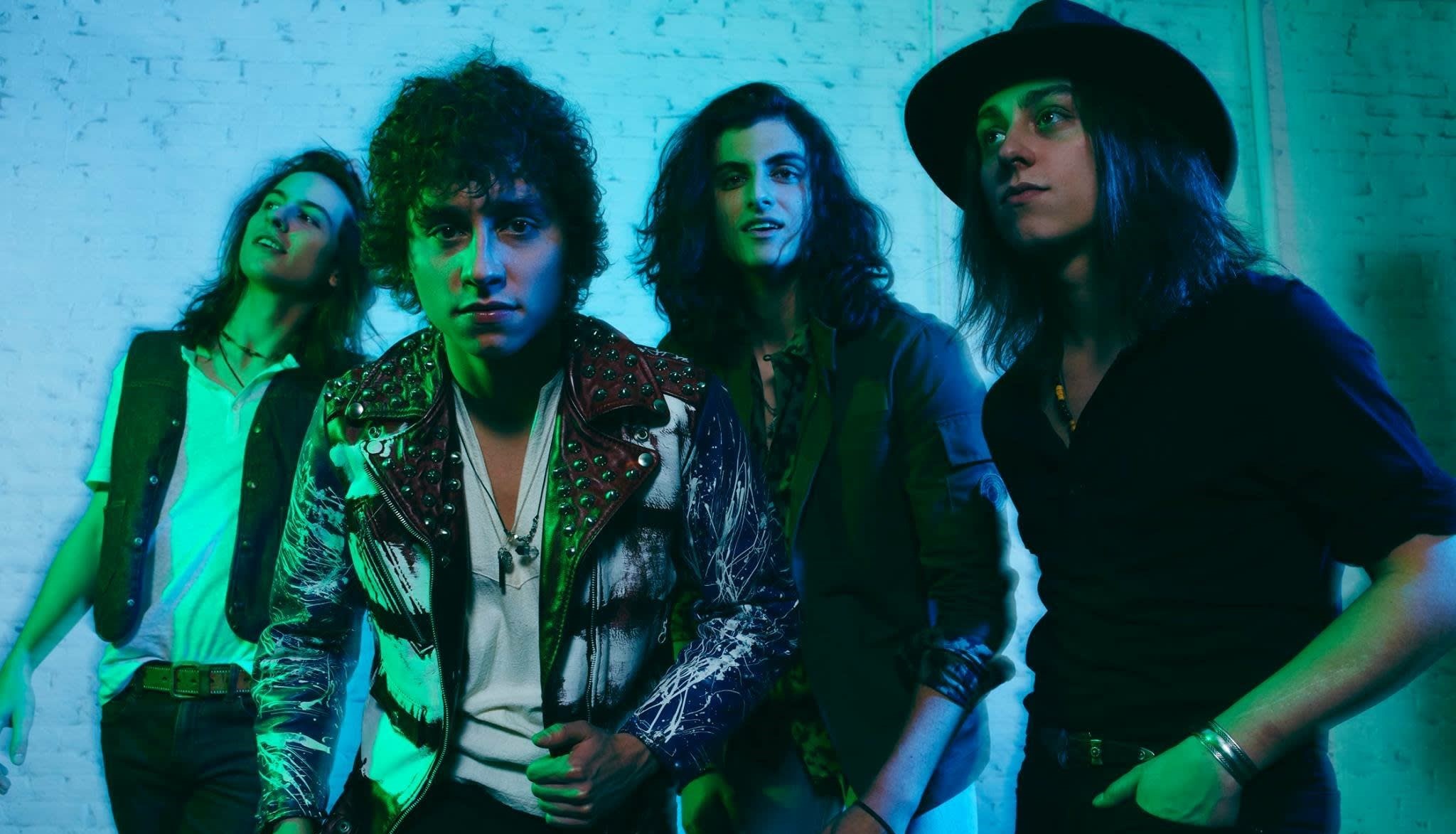PiL

Public Image Ltd. at the Chapel
Forty years after joining the Sex Pistols, John Lydon remains an uncompromising musical force, and Public Image Ltd., the band he formed in 1978 after the Pistols crashed and burned, brought their brand of post post-punk rock to a sold out crowd at The Chapel Friday night.
The original PiL went on hiatus in 1993; the current band has been together since Lydon, the sole remaining original member, reconvened them in 2009 for a limited number of shows. The shows proved to be so successful that PiL has continued, touring regularly and releasing two records, This is PiL, in 2012, and What the World Needs Now… last September. Besides Lydon, the band consists of Lu Edmonds on guitar and baglama, a three-stringed Turkish instrument, Bruce Smith on drums, and Scott Firth on bass and keyboards. All have played in previous PiL incarnations and have major post-punk credentials: Mekons, Slits, Pop Group, Bjork, Elvis Costello.
The stage set was minimal for such a storied and venerable outfit: a blonde Fender Hot Rod Deluxe guitar amp, unprepossessing drum kit, standard Ampeg bass amp and small keyboard. Dominating the stage was the current iteration of the familiar PiL logo, done in earth tones by resident artist Lydon, who has also painted the covers for the last two records.
There was no opening act, just a DJ spinning a set of spiky post-punk dance music. At 9:30, the band emerged, with Lydon dressed-down in a simple black short-sleeved shirt and black pants. Edmonds played the part of a Dickensian hipster, with frock coat, upturned collar and bow tie; his long bony face, beaked nose and shoulder-length hair completed the look. Lydon wasted no time in setting the mood: We’re “up close and fucking personal” tonight, a reference to The Chapel’s relative intimacy. To his side was his personal spittoon, a garbage bag-lined plastic garbage can, which he made ample use of throughout the show.
The show started with Lydon’s ode to domestic disharmony and plumbing, “Double Trouble,” complete with aggrieved spoken intro, and ended one hour and forty-five minutes, fifteen songs, and one encore later with “Rise.” The focus was on newer material, with five of the songs from What the World Needs Now… If the millennial band is a much more consistent and polished unit than PiL’s original quartet, Lydon’s lyrical focus remains the same, the commercialization of human interaction: the false shiny veneer of America of “Bettie Page”; the illusory freedom of 21st century capitalism in “Corporate”;“Deeper Water” looks at maintaining personal integrity in the face of institutional forces. No love songs here (unless you count arguing with your spouse about the broken toilet).
The band was tight, if lacking in dynamics. The rhythm section kept up a steady assault, while Edmonds overlaid it with sharp syncopated lines and occasional pointed solos, breaking out the baglama for a few songs, including a warm slide part on "This Is Not a Love Song." His riff on “Bettie Page” was nicely evocative of Duane Eddy’s twangy guitar. The acme was a drawn out "Religion II," including a parody of Catholic confession, which built and built as Lydon chanted “Turn up the bass,” obliged until it was of such pitch and volume that my hair blew in its wake and the building shook as the band exited the stage, Lydon quipping “Uno momento,” tipping his hand about the inevitable encore, the “hits” “Public Image” and “Rise.”
If Lydon is no longer the keening embodiment of Thatcherite discontent and dinosaur rock scorn, his now-lower voice remains a full-throated roar of passionate intensity. Each sung utterance was the product of such focus that his entire body tensed; the sound released, his arms gesticulated madly, a conjurer’s dance. While not singing, he tensed up in a familiar Lydon fashion, chin slightly elevated, face forward, mouth closed, royalty in repose.
Ben is probably best known as the co-songwriter and primary guitarist for Sister Double Happiness – along with vocalist/songwriter Gary Floyd and drummer Lynn Perko. Sister Double Happiness, via their 1987 SST debut, helped kick start the Seattle-grunge scene which exploded a few years later and led to Sister Double signing to Reprise/Warner Brothers.






